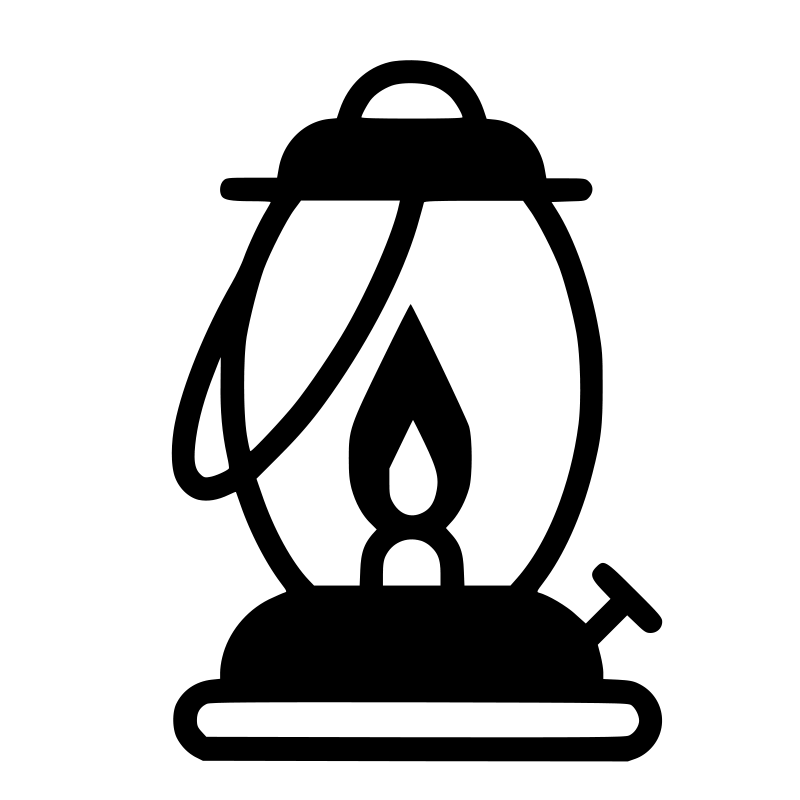Awami National Party

Formed in: 1986
The Awami National Party follows the ideology of Khan Abdul Ghaffar Khan, lovingly known by his supporters as Bacha Khan, who preached non-violence and believed in maximum provincial autonomy.
Top leaders
- Asfandyar Wali Khan
- Ameer Haider Hoti
- Afrasiab Khattak
- Ghulam Ahmad Bilour
- Zahid Khan
- Bushra Gohar
- Shahi Syed
Key concerns
- Advocates for maximum provincial autonomy and implementation of the 18th Amendment.
- Will reduce security checkposts and replace them with enhanced intelligence, state-of-the-art surveillance with a backup from quick response force
- Advocates for a stable democratic system and opposes army intervention in government matters.
- Believes in maintaining neutral relations with all neighbouring states, including India and Afghanistan. The party is against interference in other countries' internal matters.
- Wants a separate province for Pakhtun-majority areas following KP's merger with Fata.
- Wants reduction in military expenditure in order to spend on public welfare.
Elections 2018
ANP has fielded candidates from 60 NA seats — out of these, three seats are from Punjab, 10 from Sindh, 29 from Khyber Pakhtunkhwa, eight from Balochistan, nine from Fata and one from Islamabad.
Elections 2013
ANP's performance in the 2013 polls was abysmal compared to the previous 2008 general elections, with the party winning only two seats in the National Assembly.
Previous elections
In 2008, ANP managed to secure 15 seats in the National Assembly and emerged as the majority party in KP where it formed the government.
The party performed poorly in the 2002 election. However, political observers claim the reason behind secular parties ending up with negligible votes was that the polls were rigged in the favour of religious parties.
In the 1997 general election, the party won 10 seats. It managed to secure three NA seats in the national elections held in 1993, six seats in 1990 and only two in 1988.
ANP's 2018 manifesto
ANP_ Manifesto Eng by Dawndotcom on Scribd
Major political plays
After the end of Ziaul Haq’s regime, ANP entered into ruling alliances with PPP and Pakistan Muslim League in late the 80s and 90s but these associations proved to be short-lived, especially with civilian governments being sent packing one after the other. After the 2008 polls, it allied with PPP at the centre.
The party joined the opposition All Parties Democratic Movement alliance in 2007 and its lawmakers resigned from the legislature the same year to protest the controversial presidential election that led to the continuation of Musharraf's presidency.
Criticism and controversy
ANP successfully lobbied for the naming of Khyber Pakthunkhwa, which was previously identified with the name North West Frontier Province. The party has also advocated for Fata’s merger with KP.
The party staunchly opposes the building of the controversial Kalabagh dam with its president Asfandyar Wali saying "it will drown our children and turn the land of Khyber Pakhtunkhwa infertile".
Interestingly, in its 2018 manifesto ANP also mentions security checkposts, treatment of people at checkpoints and landmines — all the issues recently raised by Pakhtun Tahaffuz Movement (PTM), a rights movement the party has kept aloof from so far.
Despite an overall drop in terrorism incidents across the country, ANP leaders continue to face threats and have come under attack from terrorist groups on several occasions. Recently, ANP leader Haroon Bilour and 21 others were killed at an election meeting. Haroon's father and senior ANP leader Bashir Bilour was also killed in an attack in 2012. Both attacks were claimed by the TTP. In 2008, party chief Asfandyar Wali narrowly escaped a suicide bombing, whereas in 2010, Mian Rashid Hussain, the only son of senior ANP leader Mian Iftikhar Hussain was murdered in their hometown of Pabbi. The attack on Rashid was also claimed by the Taliban.


Dear visitor, the comments section is undergoing an overhaul and will return soon.